The resurgence of industrial hemp has transformed various fields. From its legalization to its growing applications, industrial hemp is reshaping industries and presenting new opportunities.
This document explores hemp’s journey from prohibition to legalization, its benefits and challenges, and its potential to revolutionize markets.
Key Takeaways
- The industrial hemp market has seen significant growth due to its legalization.
- Hemp farming offers environmental benefits, versatility, and economic potential.
- Despite regulatory challenges, the industry is expanding rapidly.
- Many sectors, including fashion, construction, and manufacturing, are exploring hemp-based products.
- Businesses must understand how hemp impacts their industry to remain competitive and capitalize on emerging trends.
Exploring the Rise of Industrial Hemp Cultivation
The journey of industrial hemp from being banned to legal has been interesting. Once banned, hemp is now seen as a valuable and green crop in the U.S. We look at how hemp farming is growing and the good and bad sides of it.
Hemp's Journey from Prohibition to Legalization
Once banned due to its association with marijuana, industrial hemp has emerged as a sustainable and versatile crop. The 2018 Farm Bill legalized hemp with less than 0.3% THC, paving the way for widespread cultivation and product development. This shift has led to rapid growth in hemp farming and related industries.
Benefits and Challenges of Hemp Farming
Industrial hemp offers numerous benefits:
- Sustainability: Hemp requires minimal water and pesticides while reducing carbon dioxide levels.
- Versatility: Hemp is used in products ranging from textiles to bioplastics.
- Economic Opportunities: Hemp cultivation provides farmers with a lucrative alternative crop.
However, challenges remain:
- Regulatory Complexity: Navigating state and federal rules can be difficult.
- Infrastructure Needs: Farmers require specialized equipment and knowledge
- Public Perception: Educating consumers about the differences between hemp and marijuana is crucial.
Despite these hurdles, hemp’s potential to transform industries is undeniable.
"The resurgence of hemp is a testament to its inherent versatility and the growing recognition of its environmental and economic benefits."
Unleashing the Potential of Hemp Products
From Textiles to Bioplastics: The Versatility of Hemp
Hemp is revolutionizing sustainable production in multiple sectors:
- Textiles: Known for durability and breathability, hemp textiles are gaining popularity in fashion and upholstery.
- Bioplastics:Hemp-based plastics offer biodegradable and high-strength alternatives for packaging and construction.
- Construction Materials: Hempcrete and insulation materials are eco-friendly and energy-efficient.
| Hemp Product | Industry Application | Durable, breathable, sustainable |
|---|---|---|
| Hemp Bioplastics | Packaging, Automotive | Biodegradable, high-strength, flexible |
| Hemp Construction Materials | Insulation, Building Blocks | Eco-friendly, energy-efficient, durable |
Hemp’s applications extend to personal care, automotive components, and nutritional supplements, offering endless possibilities for innovation.
Navigating the Regulatory Landscape
The legalization of hemp has introduced opportunities and challenges. The 2018 Farm Bill provided a hemp cultivation and processing framework, but regulations vary across states and federal agencies. Businesses must:
- Stay Informed:Understand state and federal licensing, testing, and transportation guidelines.
- Adapt Quickly:Keep up with changing laws to ensure compliance and sustainability.
- Collaborate: Work with policymakers to streamline regulations and support industry growth.
By addressing these considerations, businesses can unlock the full potential of industrial hemp.
Poll: How has industrial hemp impacted your industry?
We invite stakeholders from all sectors—farmers, manufacturers, entrepreneurs, and policymakers—to share their insights on hemp’s role in transforming industries. Your feedback will help us understand the opportunities, challenges, and innovations shaping the future of industrial hemp.
Please take part in our poll to contribute to this growing conversation and help shape the industry's next steps.
"The rise of industrial hemp has been a game-changer, transforming the way we approach sustainable production and challenging the status quo in countless industries."

Hemp products like biodegradable packaging, fabric, ropes, and supplements arranged on a rustic table with scattered green hemp leaves under natural sunlight.
Frequently Asked Questions
1. What are the key benefits of industrial hemp cultivation?
Answer:
Hemp is good for the environment and can be used in many ways. It grows fast and can be used to make clothes, plastics, and even building materials. It also helps the soil and reduces pollution.
2. How has the legalization of hemp impacted the industry?
Answer:
Legalizing hemp has opened up new opportunities for farmers and businesses. They can now make more products and explore new markets, which has brought in more money, research, and new companies.
3. What are some of the challenges faced by hemp farmers and businesses?
Answer:
Hemp farming and business come with their own set of problems. There are rules, such as finding reliable suppliers and fighting off wrong ideas about hemp. Farmers also deal with pests and diseases and need special tools.
4. How can businesses and consumers leverage the versatility of hemp products?
Answer:
Hemp can be used in many ways, from clothes to building materials. Companies can make new, green products. People can find hemp items that are good for the planet and meet their needs.
5. What regulatory considerations should businesses and individuals be aware of when working with industrial hemp?
Answer:
The hemp world has many rules that change by place. Everyone needs to know the latest laws about growing, making, and selling hemp. This includes getting licenses, testing products, and following rules for moving and storing hemp. Following these rules helps keep the hemp industry strong and legal.

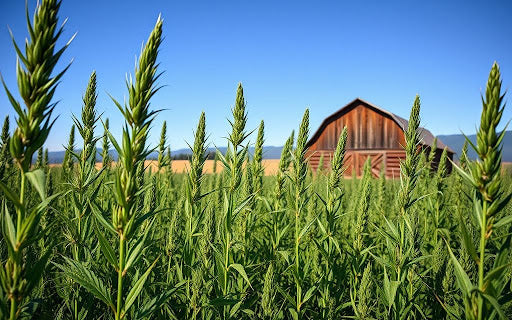
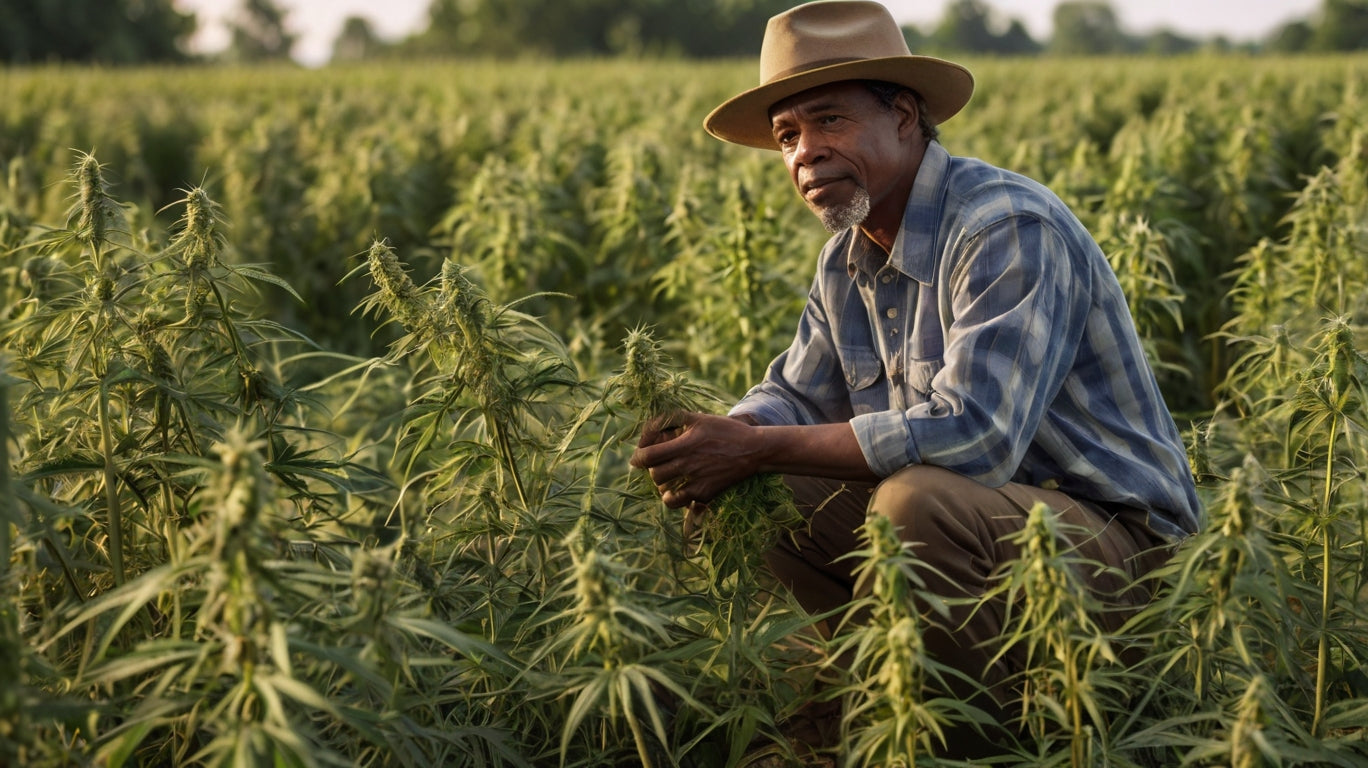
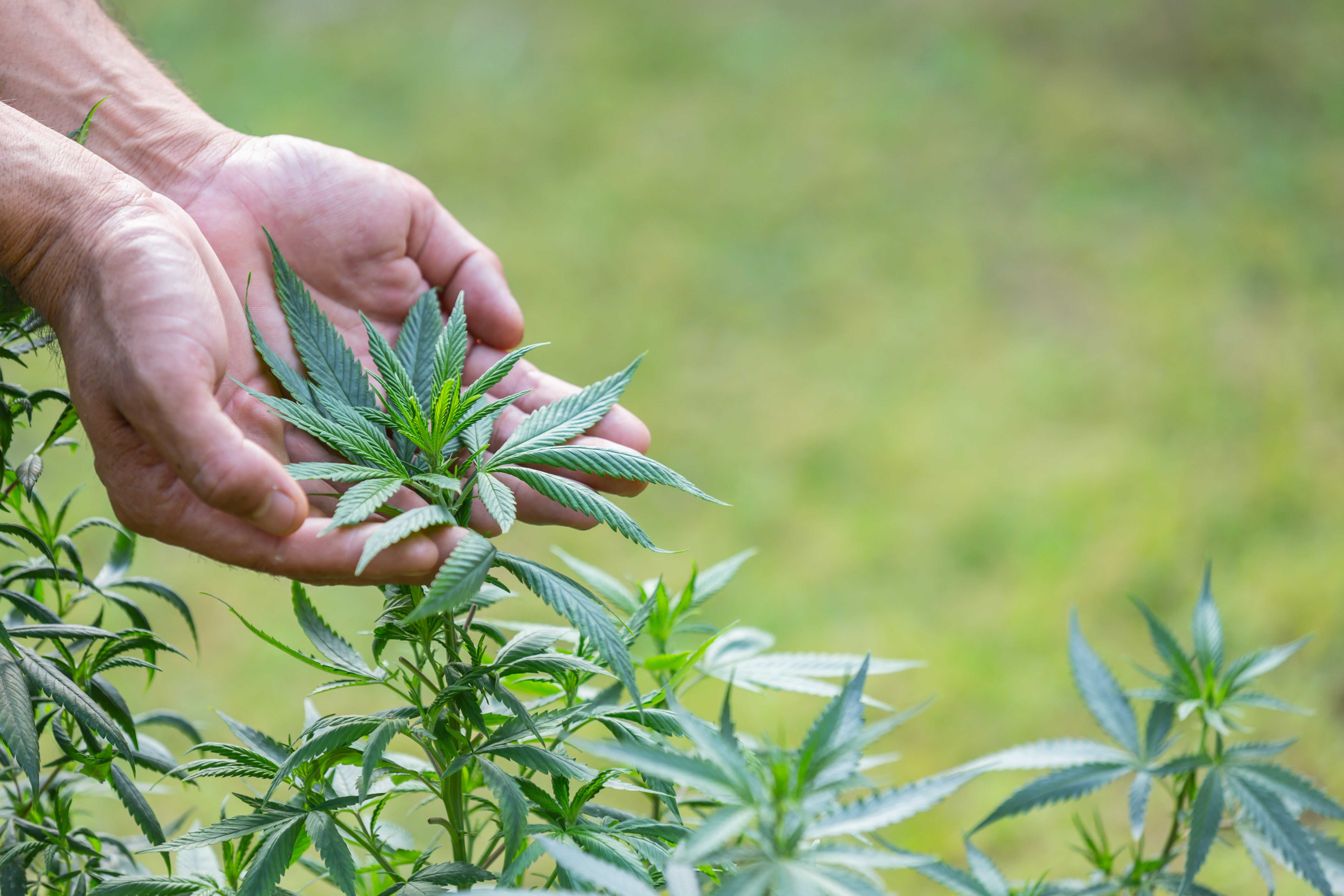
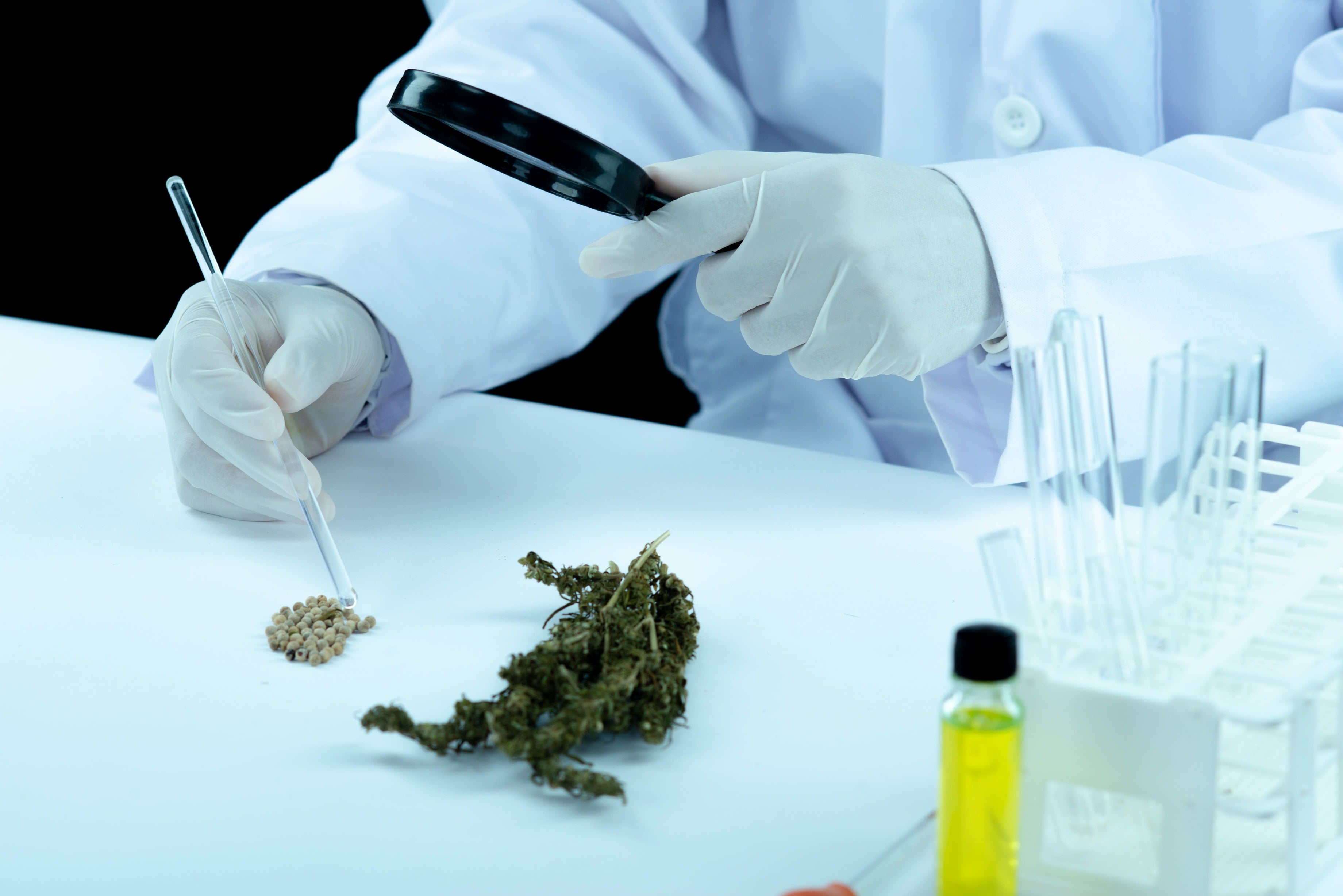
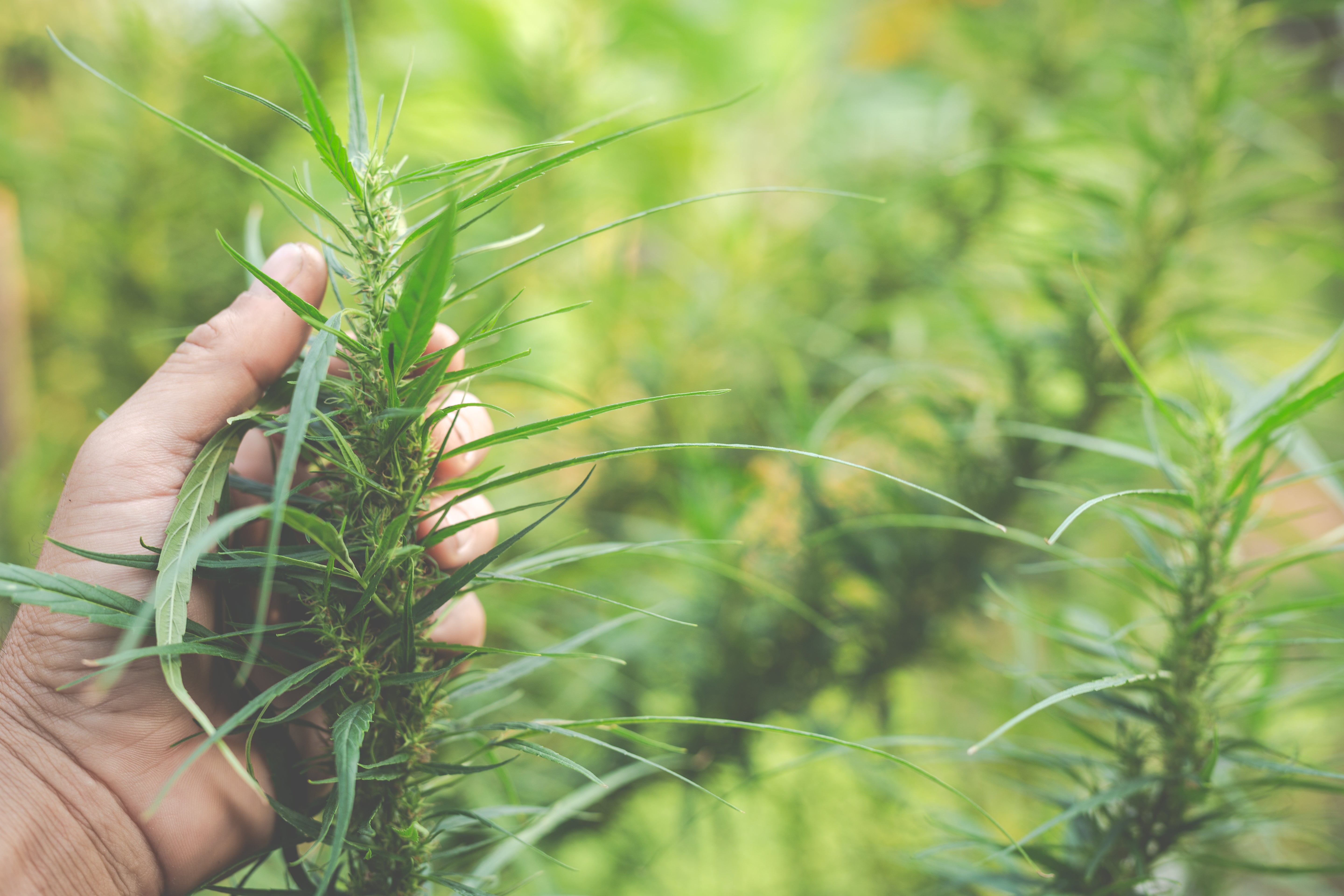
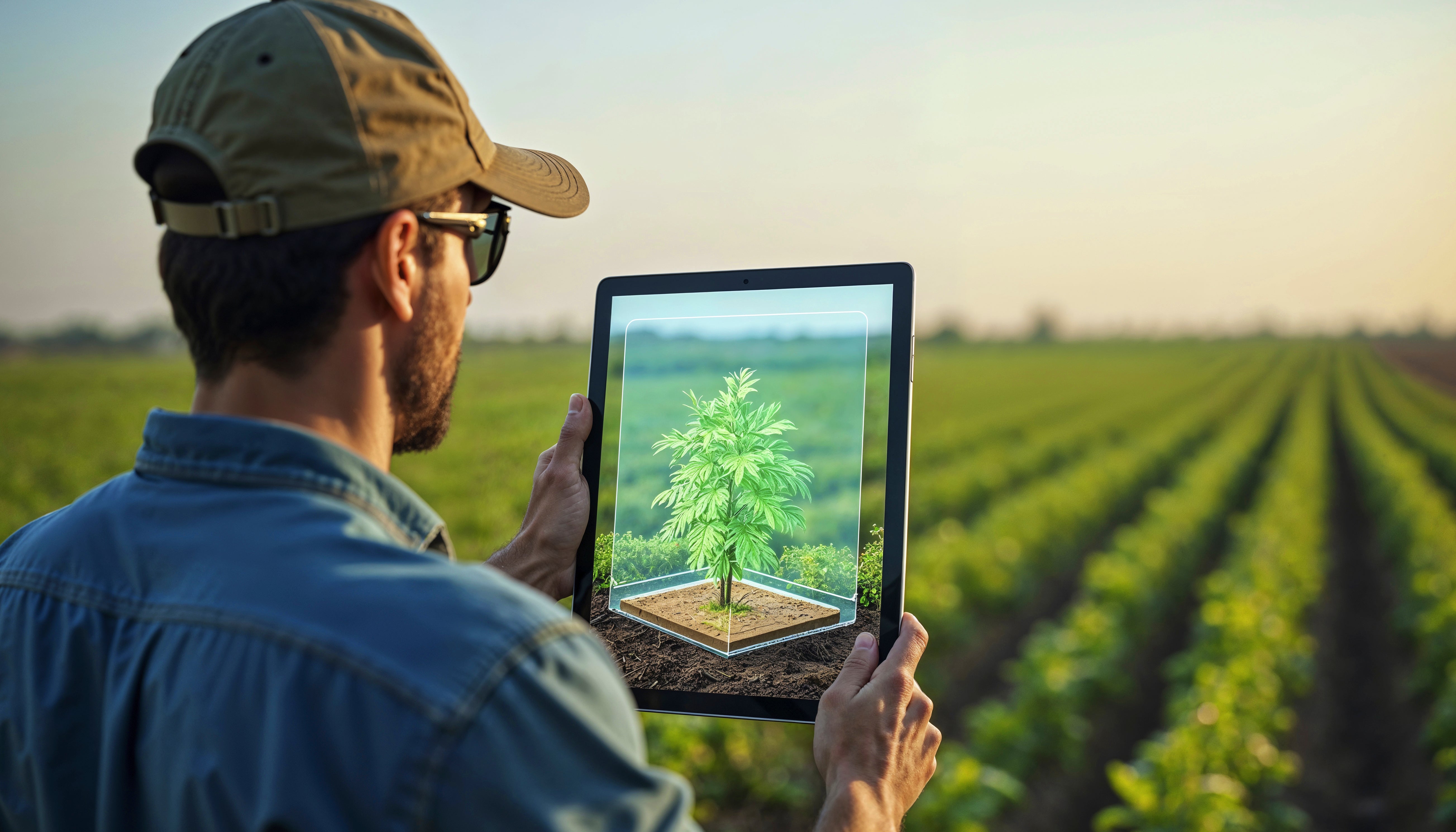
Share:
The Green Gold: Understanding the Economic Importance of Hemp in Colonial America
Policy Shifts & Market Growth: The Role of Industrial Hemp in Global Trade Regulations